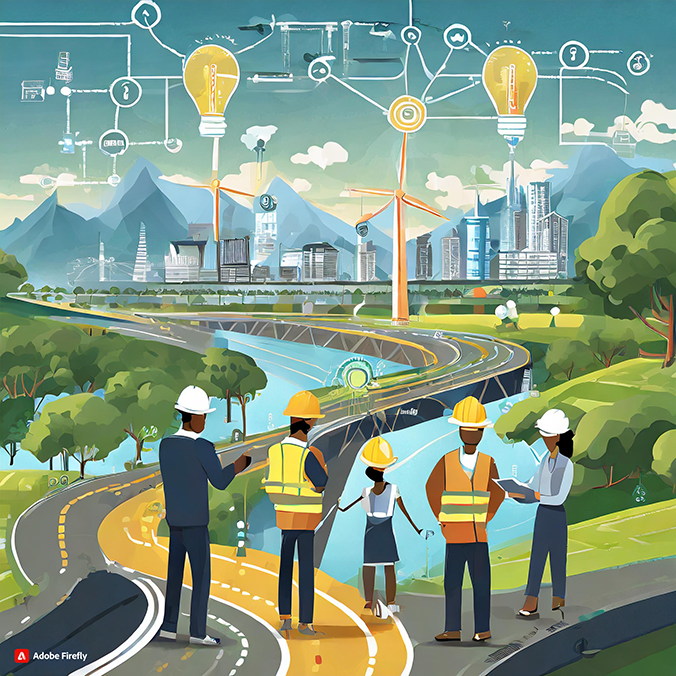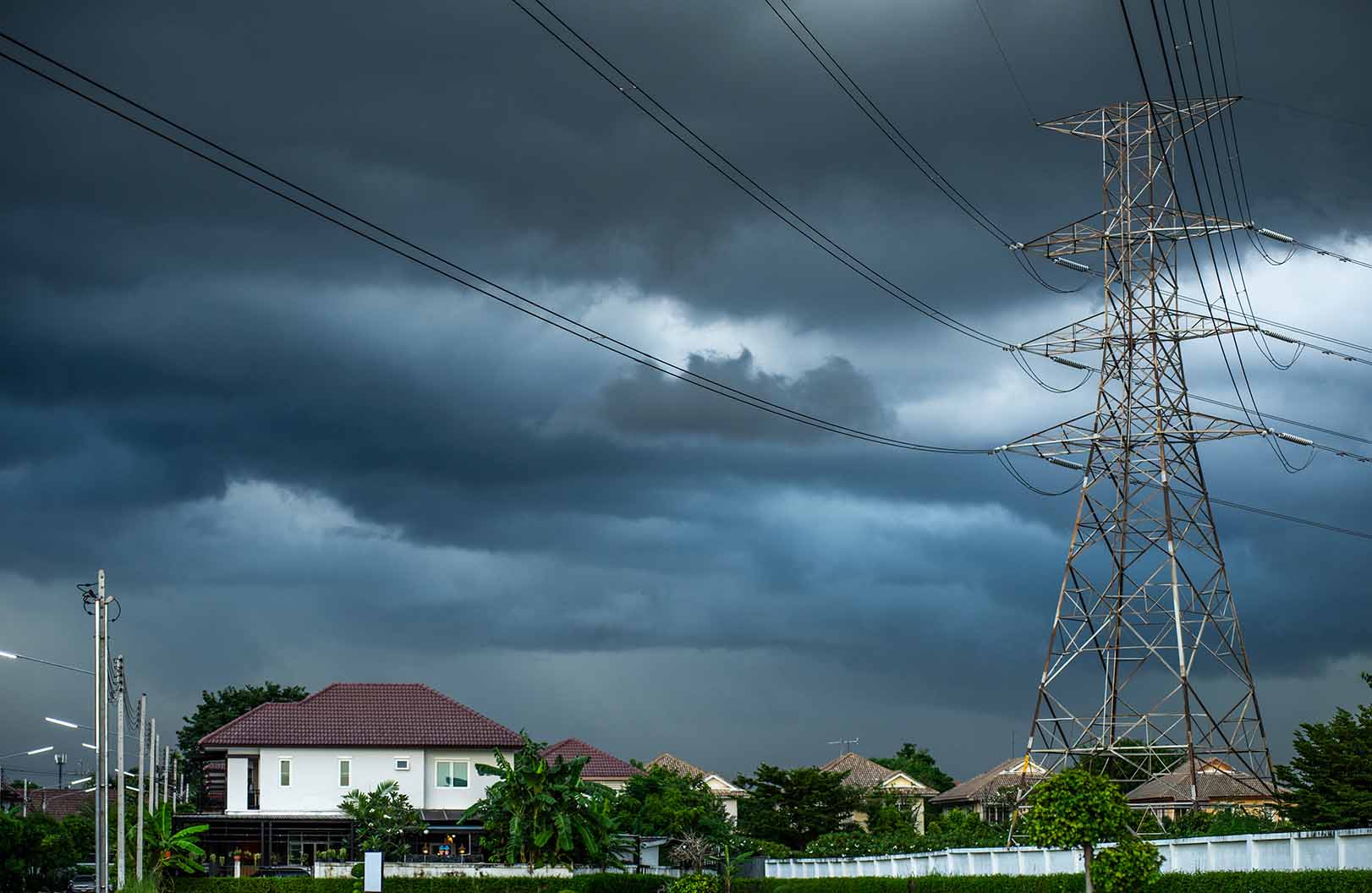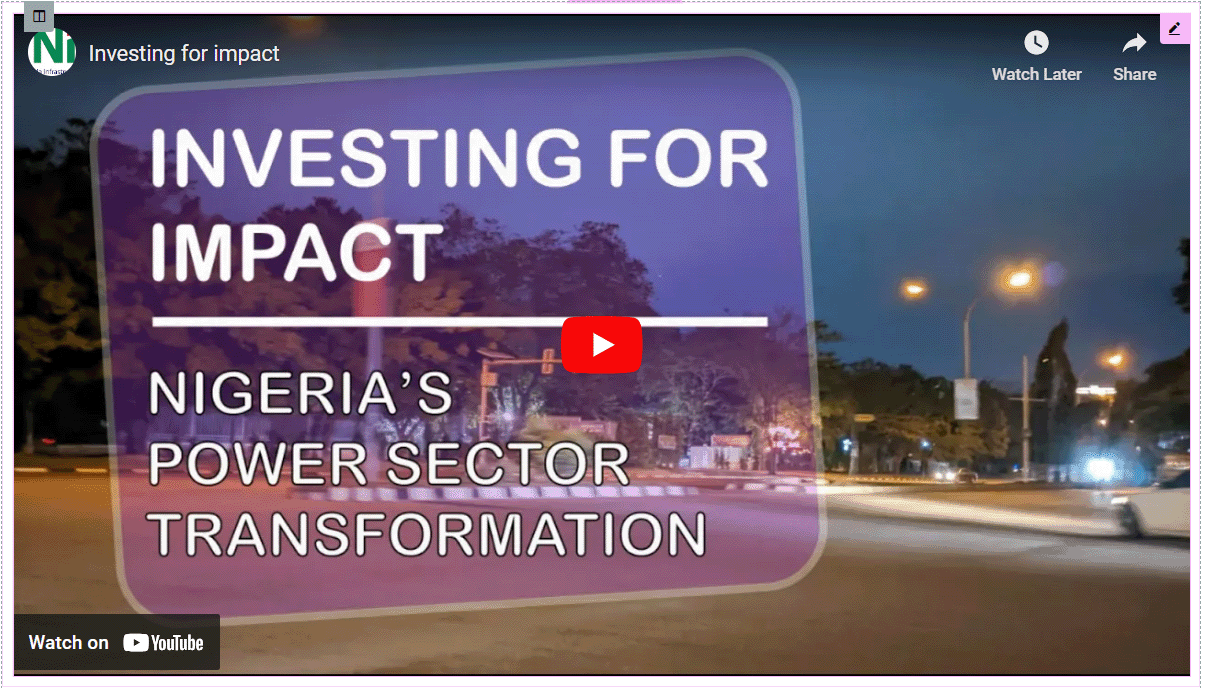
Introduction
At UKNIAF (United Kingdom Nigeria Infrastructure Advisory Facility), we work closely with Nigerian government entities (MDAs) to improve infrastructure planning, funding, and implementation. Our Task Orders (TOs) play a vital role in defining project goals, costs, and timelines. After completing each TO, we reflect on our performance to identify areas for improvement. In this blog post, we share the valuable lessons we’ve learned from the TO process over the years.
Click here to read the Learning from doing report
Click here to view the Learning from doing infographic
Designing and drafting a task order
One of our key strategies is early engagement and co-creation with stakeholders. By involving key decision-makers from the start, we ensure their support and align the TO with their internal processes. This approach helps us avoid unnecessary delays and increased costs.
Engaging a broad range of stakeholders is essential. We believe in transparency and inclusivity, so we involve different departments to promote awareness and collaboration. This enables us to gather valuable feedback and make necessary adjustments, ultimately strengthening our partnership.
Before a TO is approved, we make sure to seek input from the personnel in the government entity. Their review process helps us ensure clarity and alignment on deliverables, wording, and timelines. It’s important for us to emphasize that they are not just passive recipients but active participants in the process.
Implementing a task order
For successful implementation, it’s crucial that all stakeholders have a clear understanding of their roles and responsibilities within the TO. We maintain open lines of communication and conduct regular check-ins to address any challenges that may arise.
When circumstances beyond our control force changes or pivots, we believe in acting swiftly and communicating these changes as early as possible. By sharing the implications with our partners, they can adjust their internal processes accordingly. This approach builds trust and allows us to adapt flexibly to the evolving situation.
Communication: wide and frequent
We understand the significance of wider communication within the government entity. By reaching out to individuals who may not be directly involved in the TO, we provide them with information about the objectives and our role. This approach fosters peripheral support and ensures everyone has a comprehensive understanding.
Be flexible
While TOs have specific milestones and timelines, we understand that meeting them exactly as planned may not always be feasible. We’ve learned the value of allowing a certain level of flexibility to accommodate changing circumstances. By widely communicating the reasons for changes, we can maintain delivery traction even when timelines are adjusted. This flexible approach ensures progress while mitigating reputational risks.
Maintaining the integrity of the implementation process is a priority for us. We have a specific mandate, and while we strive to be flexible, there are instances where the required degree of flexibility deviates too far from our original direction. In such cases, we make the difficult decision to pause the implementation and communicate the reasons behind it. Though it may not always be the most popular decision, it serves the broader objectives and reinforces our reputation for integrity. It also allows us to explore partnering with a more suitable implementation agency, aligning the TO with its intended purpose.
To avoid overreliance on a single agency for TO delivery, we keep all relevant agencies updated on progress. By doing so, we can achieve faster buy-in and wider application of the TO’s results, benefiting the overall infrastructure development goals.
Conclusion
Throughout our journey, we’ve learned the importance of early engagement, stakeholder collaboration, effective communication, and flexibility in achieving successful outcomes. By involving our partners in the design and implementation of TOs, we foster ownership and enhance infrastructure-related processes. These lessons contribute to continuous improvement, allowing us to provide better support to Nigeria’s infrastructure development.













